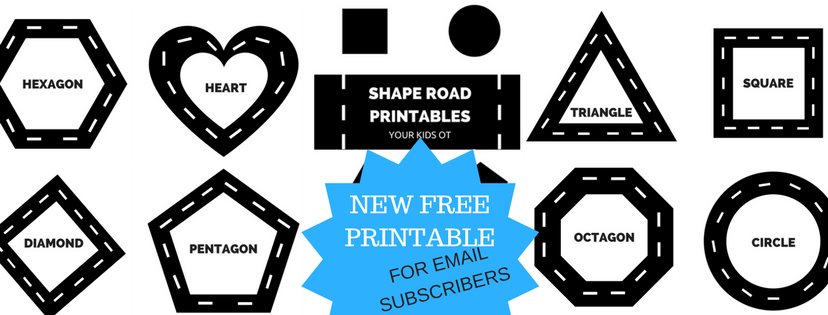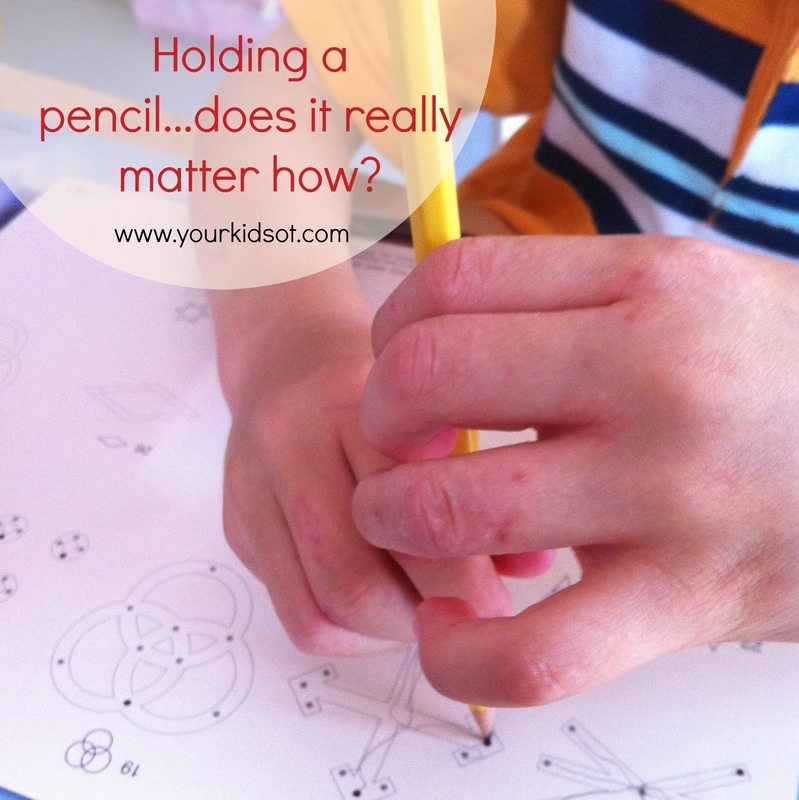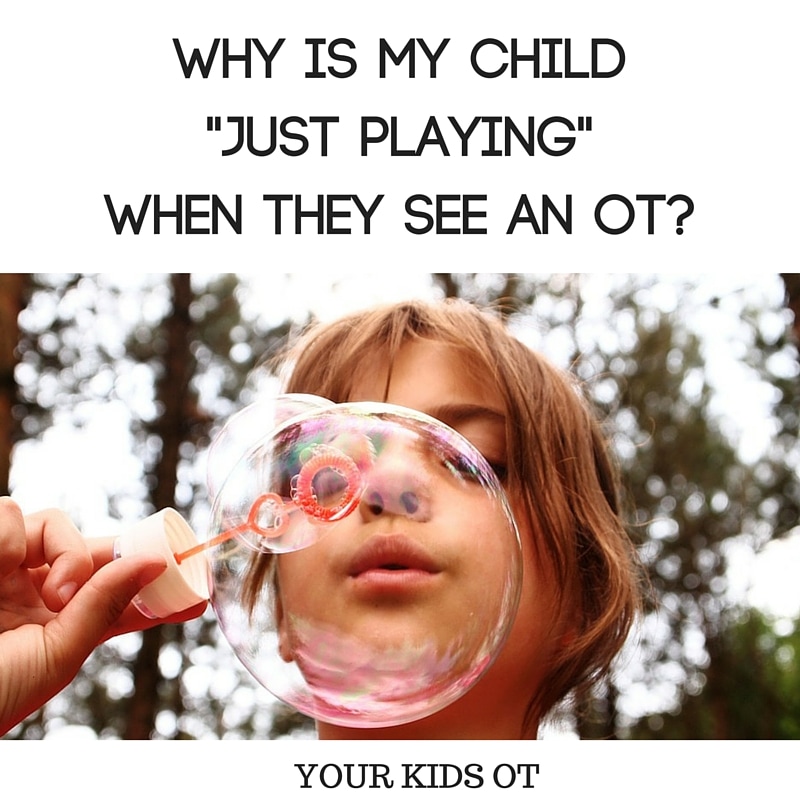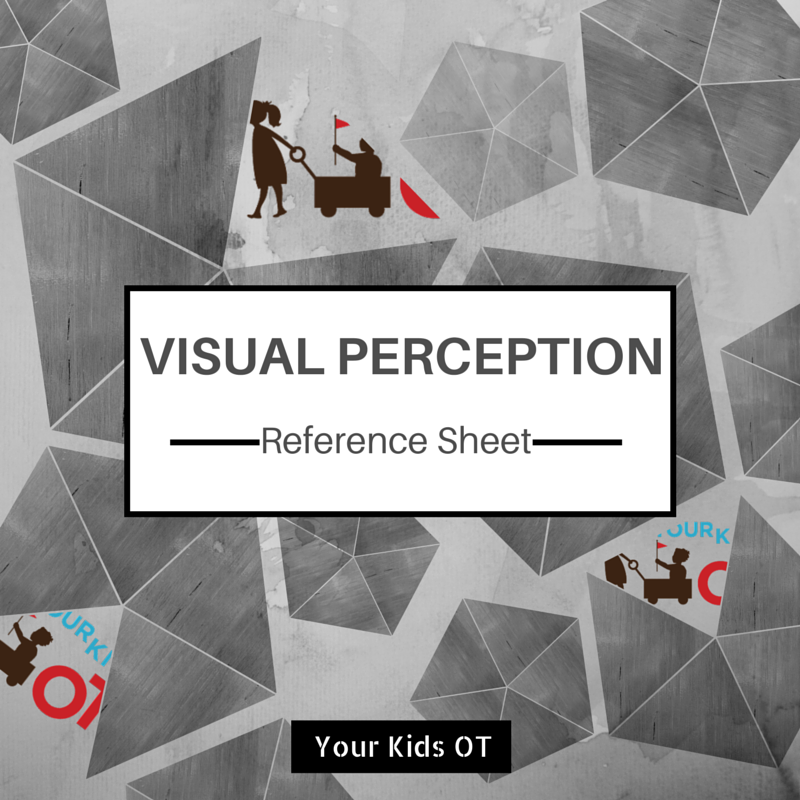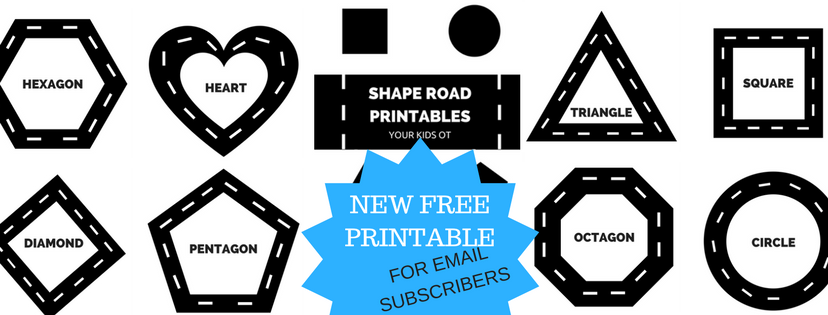|
It is back to school time in Australia. For some children, the commencement of school is exciting and they don't look back. For others it can bring on fear and anxiety. There are a number of reasons for this fear including separation anxiety, the unknown environment, a transition to new expectations, not knowing anyone at school, new routines and more. Help your anxious child with school! 1) Preparation - Help your child to be familiar with what is expected of them. Do they have to wear a uniform? Do they know where the bathroom is? Can you help them open and close their lunch box? For older children, can you go through a schedule together? Can you highlight subjects on the time table or locate classrooms on a map? Can you help with organization for their locker by providing book ends, hooks or magazine files? Do they know how to use their phones to work out travel routes? 2) Organization - Help your child to organize their belongings before and after school. Help them to organization their belongs for school. Can you provide a designated area for school bags, hats, homework? Can they see their belongings within their bag? Would a lighter interior or containers help with organization? Does your child know what to put into their school bag in the morning and where to unload things when they get home? Does your child know what needs to be done before they can leave for school? Try a visual aid such as LIFT THE FLAP SCHEDULE , ROUTINE BOY or ROUTINE GIRL For older children, can you provide an area for filing information (soft or hard copies) they receive from school? Do they have a designated place to do homework? Can you help with a system to review work and prepare for exams? Do they know how to use their diary or calendar to indicate deadlines? Do they know how to juggle the demands of extra curricular activities, homework, relaxation time and helping out around the house? 3) Let them worry! - Help your child to express their concerns. Empathize with their worries. School can be a stressful place! Don't be too quick to dismiss worries that your child raises with you. Listen. Brainstorm solutions together. Brainstorm with someone from the school (ie. a teacher, school counsellor or the principal). Help your child to name things they can do when struggling with things that they can't. 4) Build a Sensory Coping Tool Kit - together! Make sure your child is getting adequate nutrition, hydration and sleep. Is your child getting enough exercise and movement during the day and at home? Would your child benefit from a sensory diet of activities? Read more about sensory diets HERE. Help your child to work out activities to calm them when they are over-excited or anxious. These tend to be activities that apply deep pressure to the body such as jumping on the trampoline or swinging on monkey bars. They may also be comforted with a big hug of a soft toy or a warm blanket. Does your child need food to stave off the HANGRY part of the afternoon when school has finished? Does your child need some ice cubes to crunch on or suck to help ease some tension. Does your child need a "circuit breaker" with a quiet place, some television time, something to squeeze or some deep breathing? Here are some tools that can help with "circuit breaking" -
5) BREATHE ! The benefits of breathing - taking deep breaths in and deep breaths out - can not be overlooked. Deep breathing can help with stress and anxiety, lower heart rates and reduce tension. Try different breathing techniques. Here are 10 breathing techniques from Mindful Mazing and Deep Breathing Exercises for Kids from Coping Skills for Kids. Every child is unique. What works for one child may not necessarily work for another. You don't have to do this alone. It is not a reflection of your parenting. Anxiety is a real problem and whilst some children will become less anxious with age, others need help. Does your child need more help? Seek help from your general practitioner, paediatrician, community nurse, psychologist, school principal or counsellor. Contact your local occupational therapist. They may assist with skills such as executive functioning, organization and planning. Your child may benefit from a sensory based assessment to determine what activities can help your child with modulation. Your child may benefit from assistance with regulation working through a program such as the Zones of Regulation or the ALERT program. 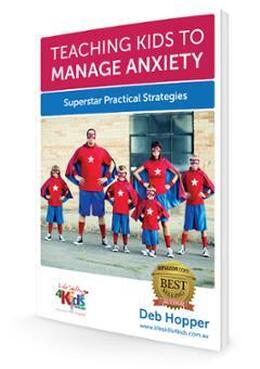 You may also like to read "Teaching Kids How to Manage Anxiety: Superstar Practical Strategies" by Deb Hopper, Life Skills 4 Kids. Deb is an Australian occupational Therapist with over 21 years of experience. She brings you a thorough look at different forms of anxiety and seeks to supercharge your parenting toolbox through empowering you... and make you both SMILERS. S - Speak positively M - Move dynamically I - Immerse in a physically uplifting environment L - Look to the positive E - Eat nutritiously R - Rest to Destress S - Serve Do you have an anxious child? What helps them to regulate? What new tools can you help them to put into their coping toolbox?
You may also like:
Comments are closed.
|
AuthorHi, I'm Cindy and I am an Occupational Therapist. I enjoy working creatively with children to see them reach their potential. Read more about me here. SEARCH THIS SITE
Archives
June 2024
Categories
All
Popular Posts |
Join the YKOT e-newsletter!
Subscribe to get our latest content by email and receive
the SHAPE ROADS PRINTABLE NOW!

Success! Now check your email to confirm your subscription and receive your free printable!
Join our Mailing List!
Subscribe to get our latest content by email and receive
the SHAPE ROADS PRINTABLE NOW as a thankyou!

Success! Now check your email to confirm your subscription and receive your free printable!
Disclaimer: The information on this site is general in nature and should be used for educational and entertainment purposes. The activities are safe for most children, however, you should consult an Occupational Therapist or health professional to address specific movement, sensory or other medical conditions. This blog does not replace formal therapeutic professional advice given by a health professional or medical practitioner. Reviews and endorsements of products will only be made based on my expertise and personal opinion; and deemed worthy of such endorsement. The opinions shared in sponsored content will always be my own and not that of the advertising company or brand. Content, advertising space or posts will be clearly identified if paid, affiliated or sponsored. Affiliate links may be found throughout this website in advertising. This means that if you follow through with a purchase from these links, Your Kids OT will receive a percentage of the sale. Your Kids OT undertakes to meet the requirements of the "Social Media Policy" as published by Australian Health Practitioner Regulation Agency (AHPRA). Further information about this policy can be found here.
Find meFollow me |
About me
AuthorHi, I'm Cindy and I am an Occupational Therapist. I enjoy working creatively with children to see them reach their potential. Read more about me here. |
Copyright © 2017 Your Kid OT

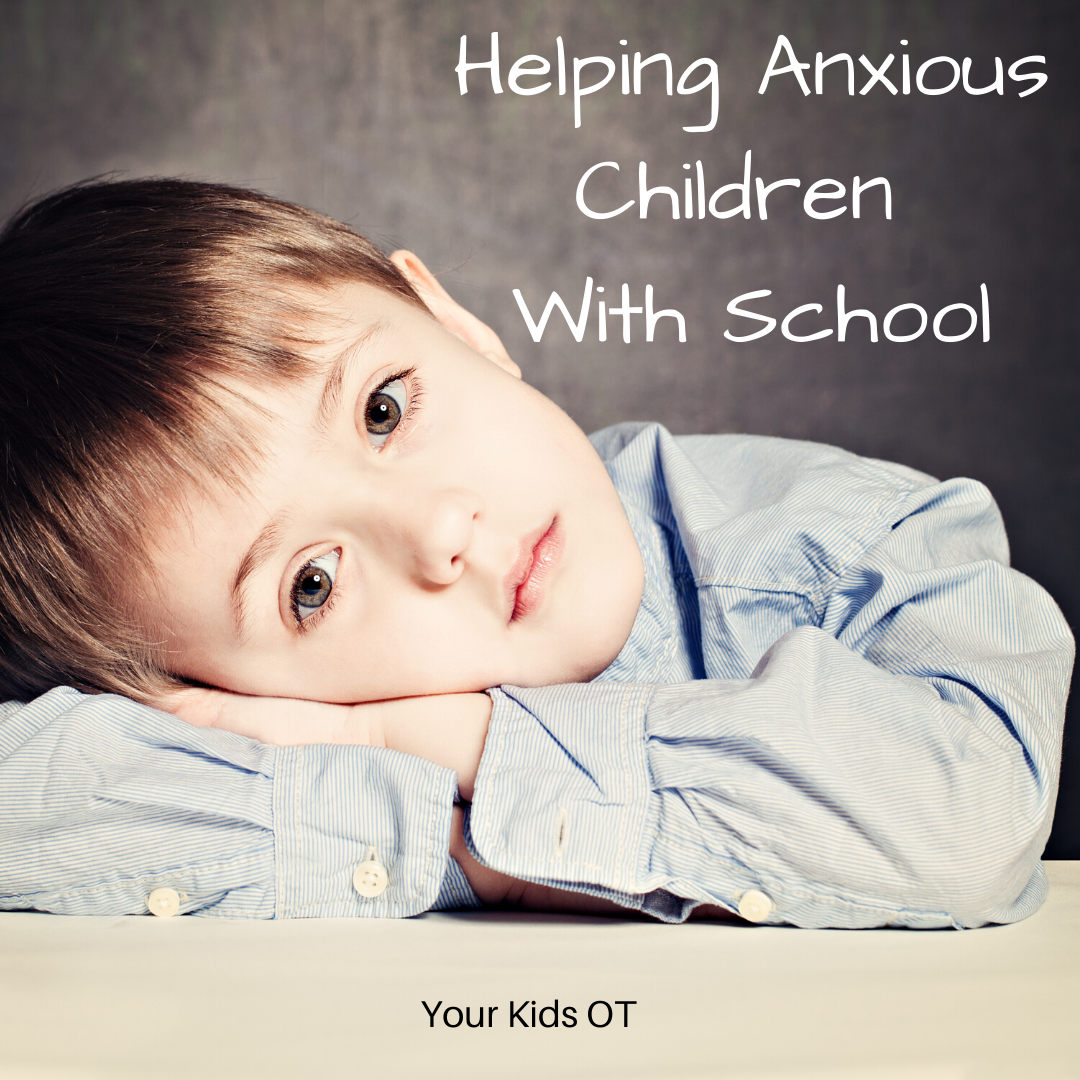
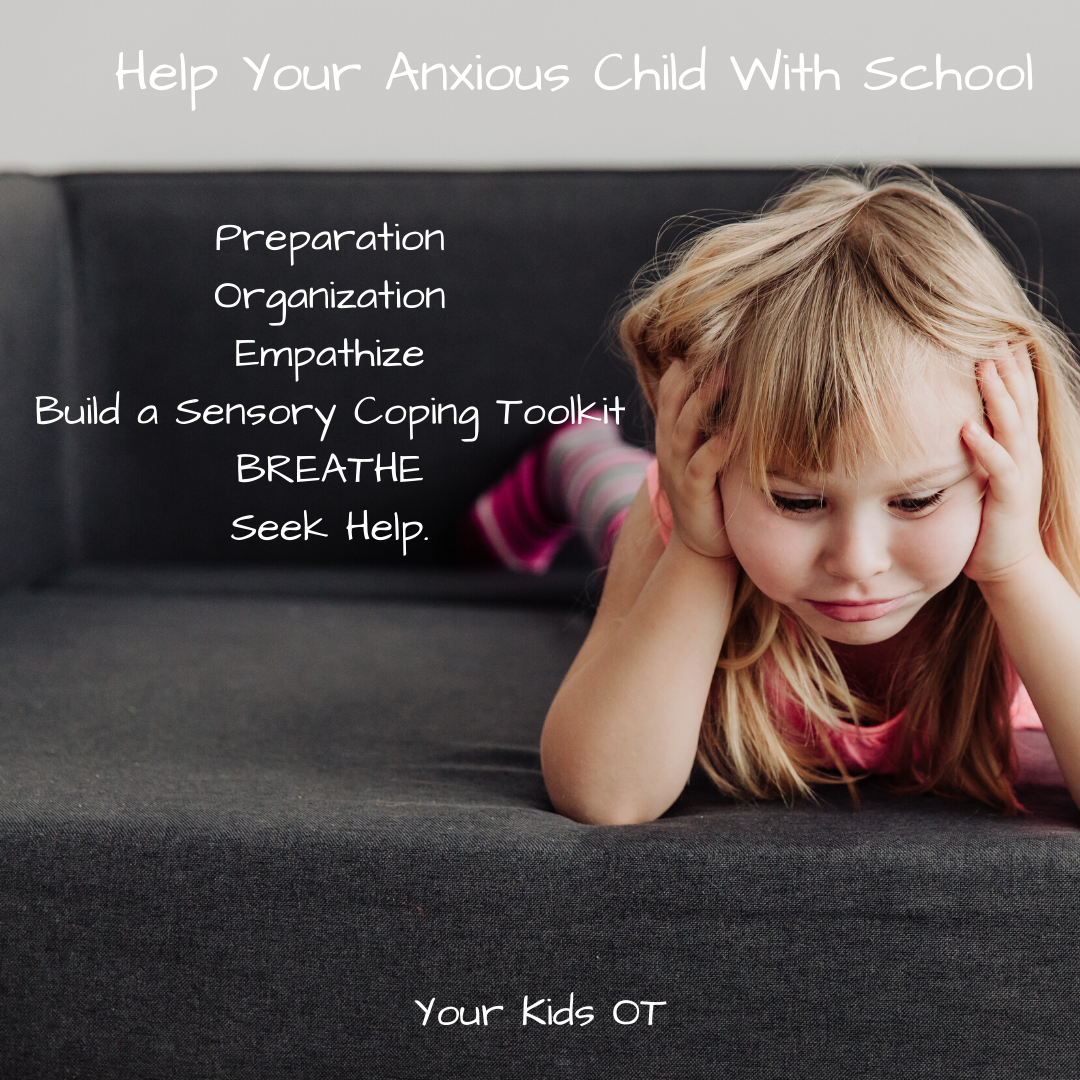

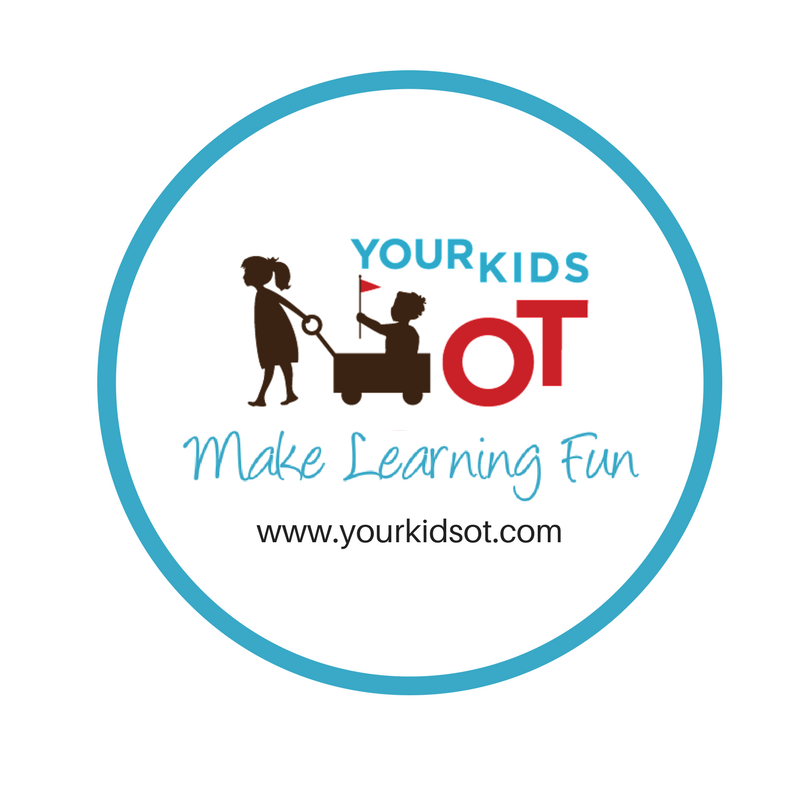
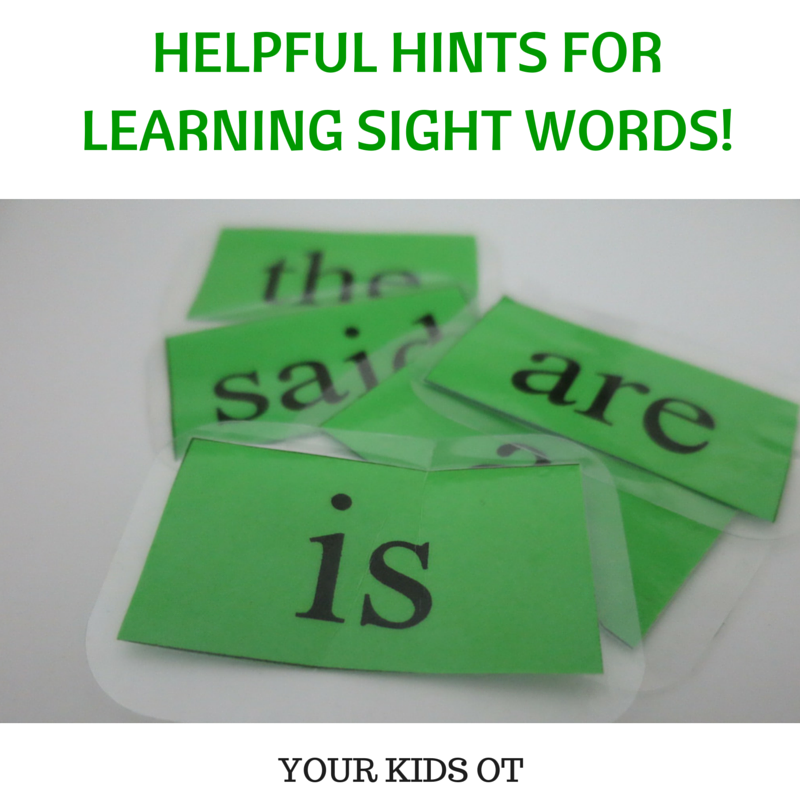
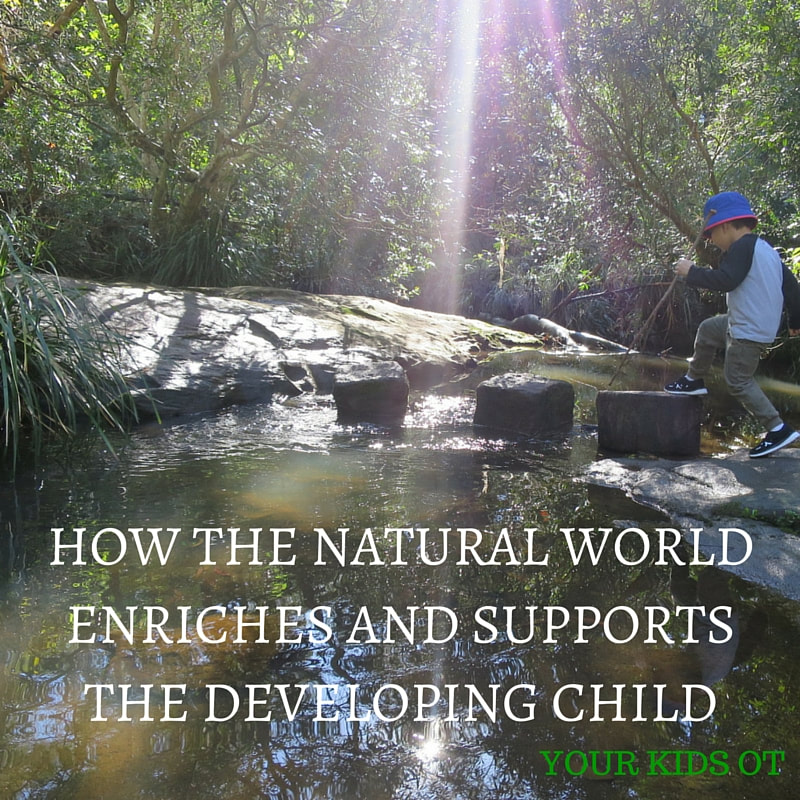
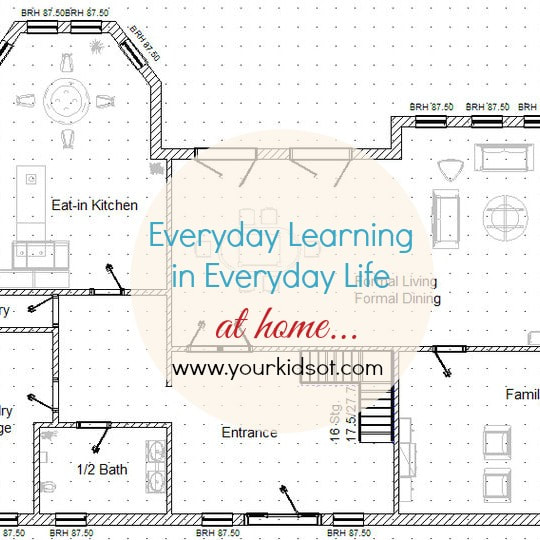
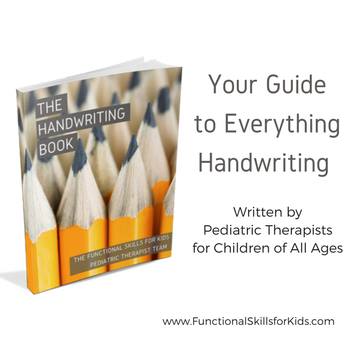
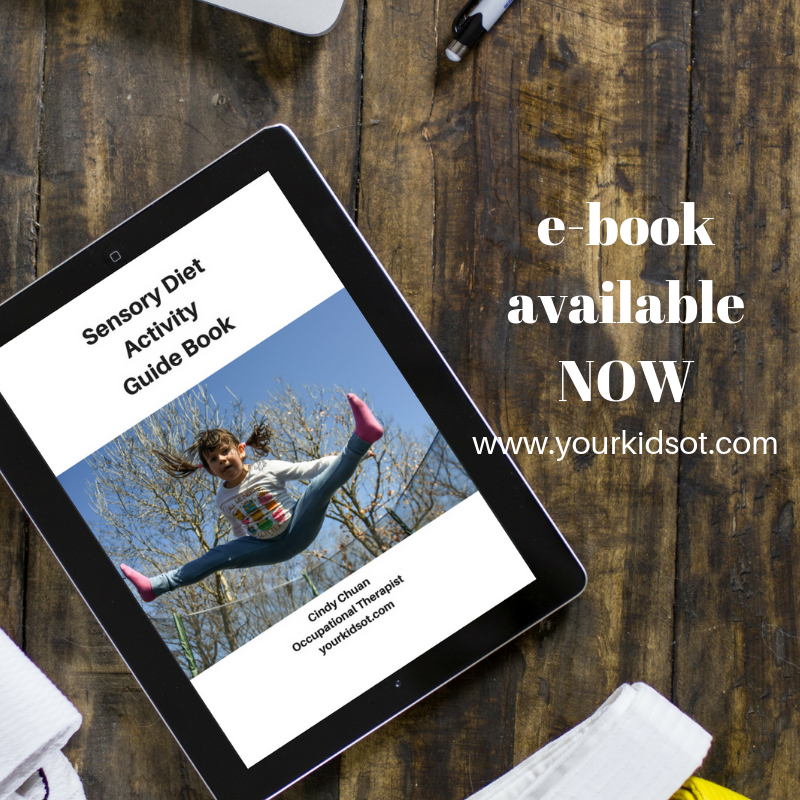
 RSS Feed
RSS Feed
